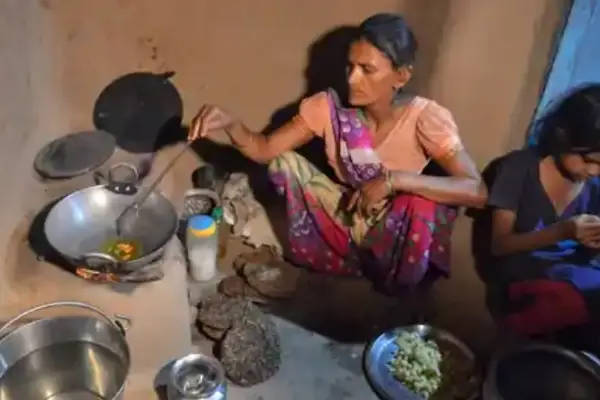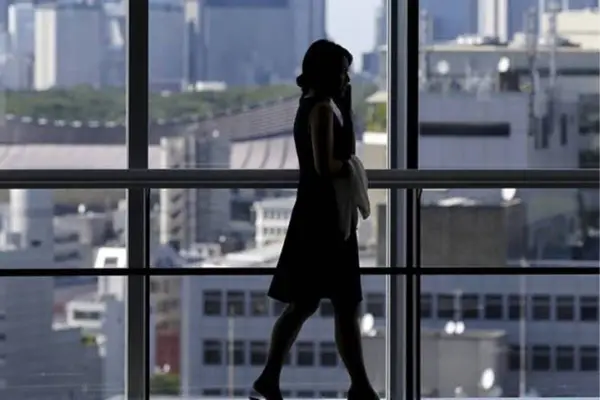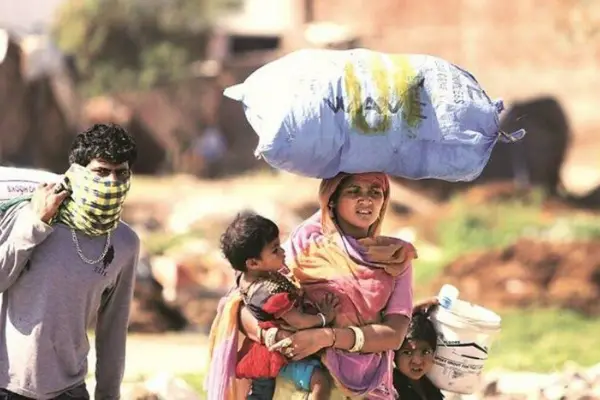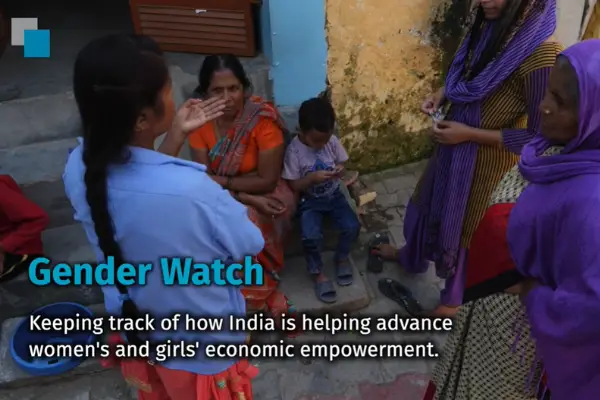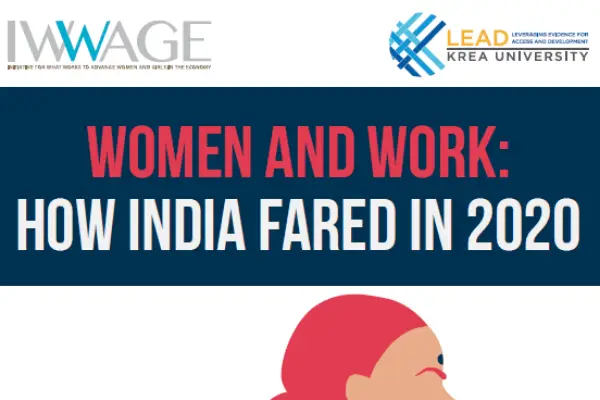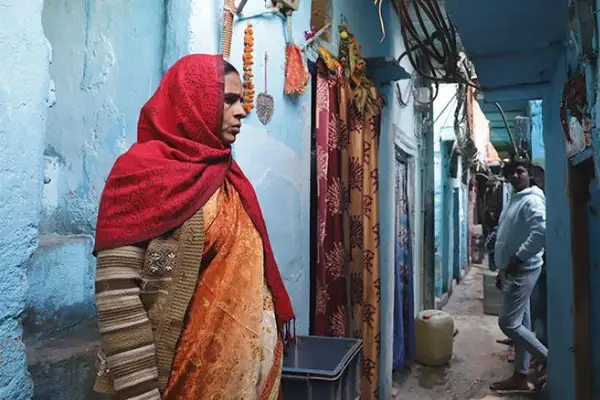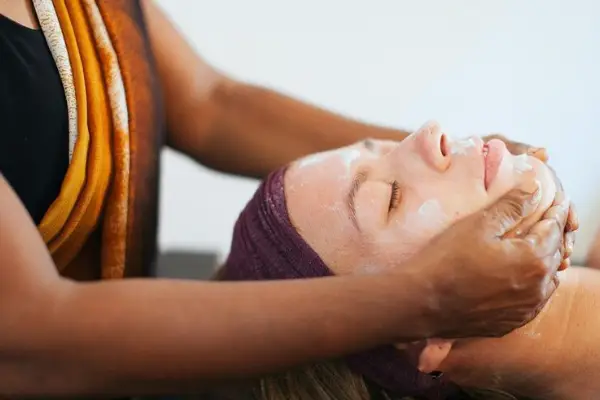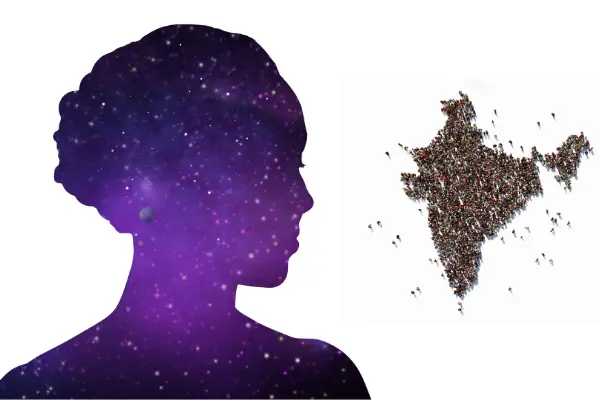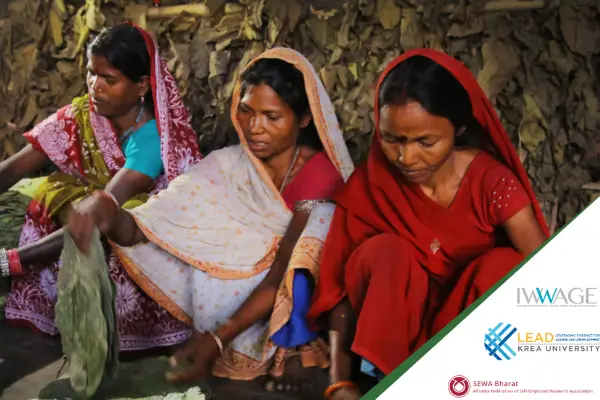Ria Dutta and Sharon Buteau of LEAD at Krea University share insights on the barriers faced by women entrepreneurs in India’s handloom and handicrafts sectors. The piece, published in AVPN Asia, delves into the existing ecosystem for women entrepreneurship and solutions to empower women entrepreneurs. Read the article here.
Category: Research and Impact
On recognising housework and measuring women’s unpaid labour
In an article published by The Hindustan Times, Soumya Kapoor Mehta (Head – IWWAGE) and Sona Mitra (Principal Economist – IWWAGE) write about universalising maternity entitlements and childcare as a public good in India and list out the steps needed to reduce and redistribute such work. Read the article here.
A Union Budget full of hope and a transformative opportunity for India’s women & girls
In an article published by The Financial Express, Soumya Kapoor Mehta (Head – IWWAGE), Sona Mitra (Principal Economist – IWWAGE), and Kanika Jha Kingra (Senior Policy and Advocacy Manager – IWWAGE) write about women’s expectations from the Union Budget 2021-22 and how it presents an opportunity to ensure that India’s economic growth and development is inclusive. Read the article here.
Analysing the pandemic and the subsequent gender divide
Women and girls across the world have been disproportionately affected in the year of the pandemic, not in terms of the impact of the virus, but more so socially and economically. Kanika Jha Kingra from IWWAGE and Surbhi Singh from The Quantum Hub (TQH), in an article published by The Indian Express, write about how India’s female workforce was largely invisible, underpaid, under-protected and constituted the largest segment of the informal workforce, which is among the worst-hit this year. Read the article here.
Latest episode of ‘Gender Watch’ by IWWAGE out
From assessing the gaps in childcare in India to looking at the impact of employment guarantee for women — learn about the latest developments and research in gender issues in India presented in a news format by IWWAGE. Watch the latest episode here.
IWWAGE report captures pandemic’s impact on women and girls
A recent report by Initiative for What Works to Advance Women and Girls in the Economy (IWWAGE) has revealed that while the COVID-19 pandemic and the subsequent lockdowns affected people from all walks of life, the impact was relatively harsher for women and girls in India. The report, “Women in Work: How India Fared in 2020”, jointly commissioned by The Quantum Hub, highlights the labour participation rate, both at the urban and rural level. Read the full report here and its detailed coverage by Mint Lounge here.
Women@Work series: How the pandemic affected women workers in the Indian capital
India’s labour force participation rate was 50.2% according to PLFS, 2018-19. The pandemic seems to have further pushed people out of work. In the latest edition of IWWAGE’s ‘Women@Work’ series, IndiaSpend examines the situation for women workers in Delhi – envisioned as a world-class city – where employment rates (and attitudes) have been nearly static since 1981. While women’s work participation has been long invisibilised, the pandemic hit Delhi’s informal workers hard and many women lost jobs. Read the full report here.
IWWAGE-IndiaSpend report: Gig jobs give women higher incomes but little security
The pandemic affected a number of sectors, including the gig sector. Half of the gig workers lost their jobs and the other half had lost up to two-thirds of their income. From more than half of the gig workers earning more than Rs 25,000 per month in March, nearly 87% were earning less than Rs 15,000 in August 2020. Women workers reported being unable to work either because platforms had suspended their services or because they had to remain at home to take care of their families. IndiaSpend shares insights from gig workers and the challenges faced by them post lockdown. Read the report here.
Stories of resilience and leadership in the early months of the pandemic
According to data by the Centre for Monitoring Indian Economy (CMIE), at least four in 10 women in India lost their jobs during the early months of the pandemic. This translates to an estimated 17 million women who were rendered jobless in March and April 2020 itself, in both the formal and informal sectors. In this article, Soumya Kapoor Mehta (Head – IWWAGE) narrates stories of resilience and leadership displayed by a number of women and what one can infer from the data regarding women employment today. Read the article here.
Strengthening socio-economic rights of women: IWWAGE examines SEWA’s approach in West Bengal & Jharkhand
Women working in India’s informal sector face several vulnerabilities and are often denied decent working conditions and wages. Evidence shows that working poor in the informal economy, particularly women, need to organise themselves to overcome the structural disadvantages. SEWA’s programme in Jharkhand and West Bengal aims to increase the collective bargaining strength of the women informal workers, strengthen the workers’ movement, nurture and develop effective grassroots leadership; and also improve community’s access and understanding of basic services. The study, undertaken by IWWAGE in collaboration with SEWA, assesses the programme against these objectives with the aim to understand the impact of various components. Read the detailed report here.

